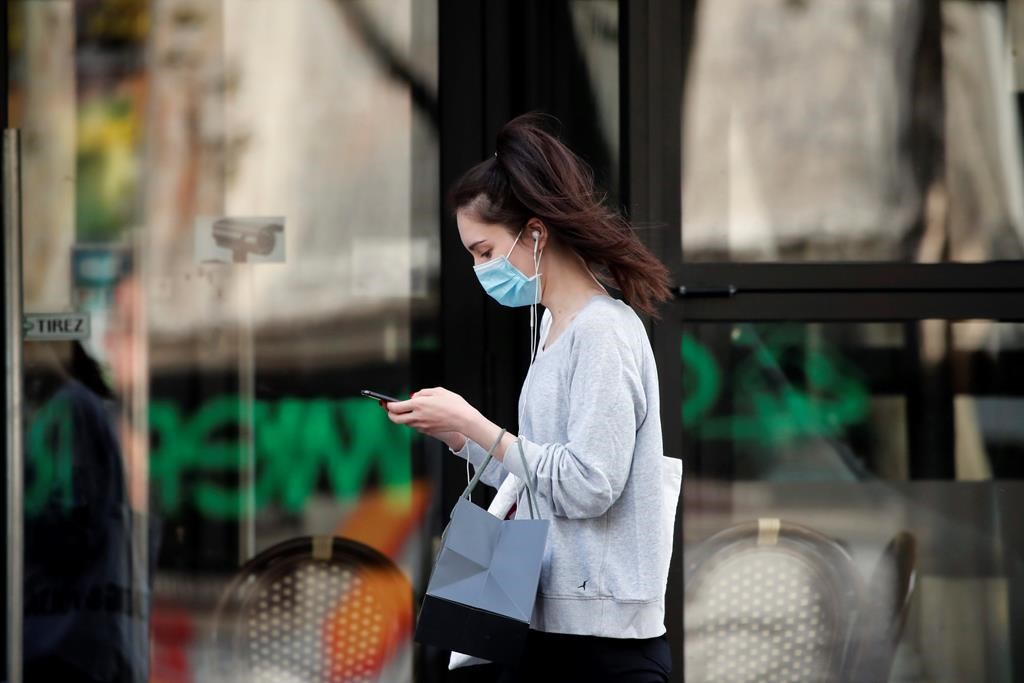The province does not yet plan to ease physical distancing protocols put in place amid the COVID-19 pandemic to allow for “two-family bubbles” like New Brunswick’s government has, despite the Manitoba government announcing a wide-sweeping reopening plan Wednesday.

The bubble strategy — announced by N.B. Premier Blaine Higgs last week — will allow for one isolated household, which includes single people who live alone, to link up with another isolated household.
“Physical distancing strategies are going to still need to be in place — the bubble format is not yet in our strategy,” Manitoba’s chief provincial public health officer Dr. Brent Roussin told reporters Tuesday.
A University of Manitoba infectious disease expert believes relaxing physical distancing protocols to allow for households to link up is a poor idea at this point.
“As long as people continue to use social distancing, the chances of the virus being transmitted are very remote, but once people get inside of that six-foot or two-metre circle, the chances go up proportionately,” Dr. Kevin Coombs, a medical microbiology professor and researcher, said Wednesday.

Get weekly health news
“Introducing more and more people into that sort of a bubble is just going to increase the risk.”
If the people within the social bubble were not infected with the novel coronavirus, it would be safe, Coombs said — but that’s not a static diagnosis.
“People talk about getting tested, but it’s not a static sort of thing. You could be tested one day and be negative but who’s to say that you wouldn’t pick the infection up the next day or another day?” Coombs said.
He added its not feasible for people to be regularly tested for COVID-19 to keep the people within a given social bubble safe.
“I just think it’s a little premature,” he said.

Questions about COVID-19? Here are some things you need to know:
Health officials caution against all international travel. Returning travellers are legally obligated to self-isolate for 14 days, beginning March 26, in case they develop symptoms and to prevent spreading the virus to others. Some provinces and territories have also implemented additional recommendations or enforcement measures to ensure those returning to the area self-isolate.
Symptoms can include fever, cough and difficulty breathing — very similar to a cold or flu. Some people can develop a more severe illness. People most at risk of this include older adults and people with severe chronic medical conditions like heart, lung or kidney disease. If you develop symptoms, contact public health authorities.
To prevent the virus from spreading, experts recommend frequent handwashing and coughing into your sleeve. They also recommend minimizing contact with others, staying home as much as possible and maintaining a distance of two metres from other people if you go out.
For full COVID-19 coverage from Global News, click here.
- Kate Middleton marks quiet return to work following cancer treatment
- ‘Deeply ashamed’: Canadian Medical Association apologizes for harms to Indigenous peoples
- Health Canada gives 1 year to remove BVO from drinks. What are the risks?
- Never heard of eastern equine encephalitis? Cases are ‘likely underreported’









Comments